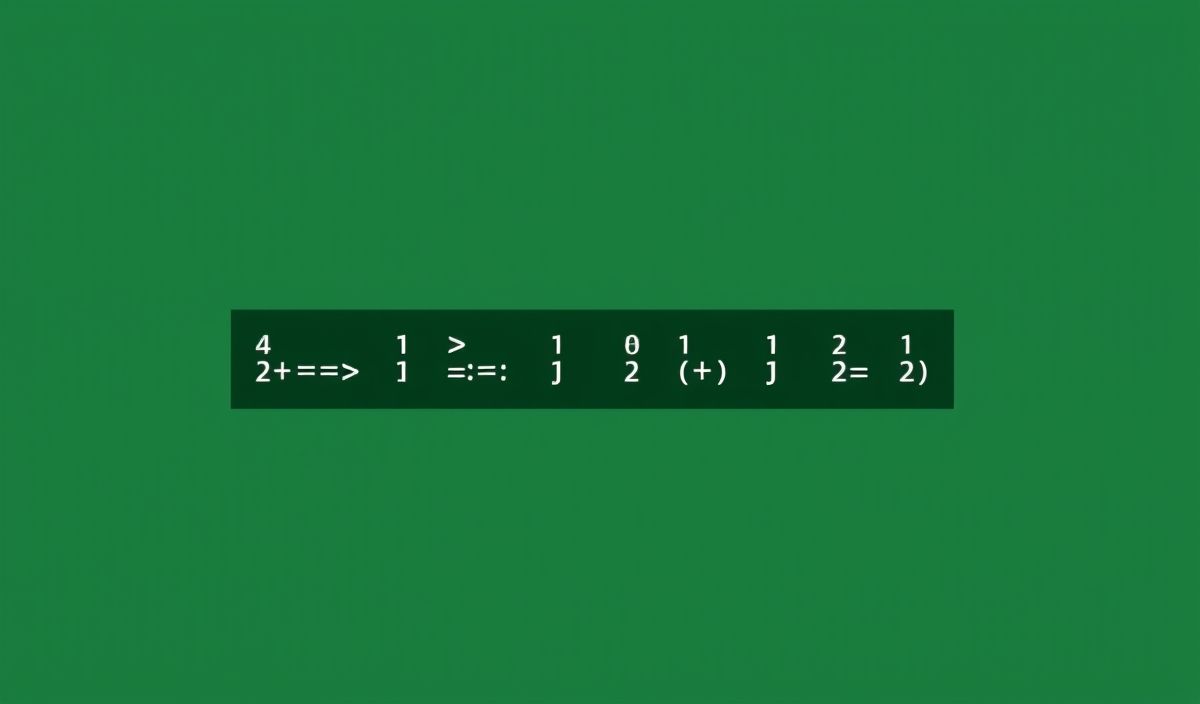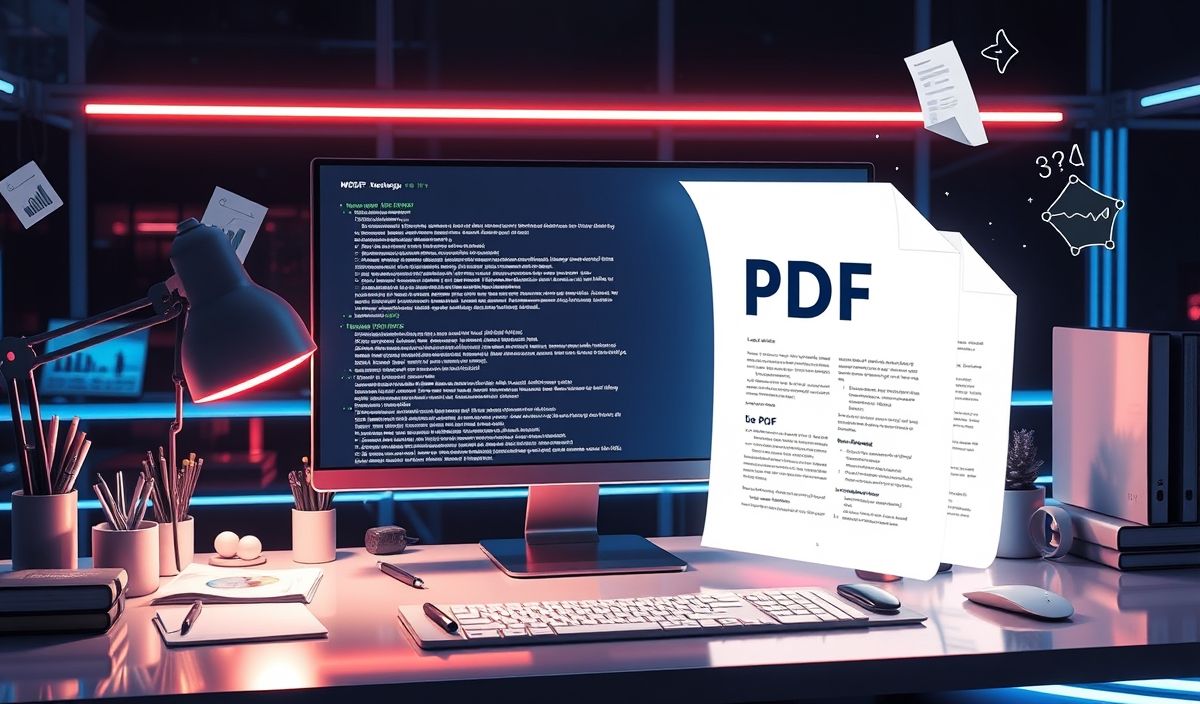Welcome to the Comprehensive Guide to Using gunzip-maybe
In this detailed guide, we’ll explore the functionalities provided by the gunzip-maybe module, a powerful tool for working with both gzipped and non-gzipped data. gunzip-maybe automatically detects the format and processes it accordingly, making it an essential addition for developers working with compressed data streams.
What is gunzip-maybe?
gunzip-maybe is a Node.js module that reads a stream of data and automatically decompresses it if it’s gzipped. If the data is not gzipped, it simply passes through the data without modification. This functionality is especially useful when dealing with compressed and uncompressed data interchangeably.
How to Install gunzip-maybe
npm install gunzip-maybeyarn add gunzip-maybeUsing gunzip-maybe
Let’s walk through some of the core APIs and see how they work.
Basic Usage
The simplest way to use gunzip-maybe is to pipe a file stream through it and get decompressed data:
const fs = require('fs');
const gunzip = require('gunzip-maybe');
fs.createReadStream('file.txt.gz')
.pipe(gunzip())
.pipe(fs.createWriteStream('file.txt'));Handling Non-Gzipped Files
If the input file is not gzipped, gunzip-maybe will pass the data through without decompression:
const fs = require('fs');
const gunzip = require('gunzip-maybe');
fs.createReadStream('non-gzipped-file.txt')
.pipe(gunzip())
.pipe(fs.createWriteStream('output.txt'));Using with HTTP Responses
You can also use gunzip-maybe to handle HTTP responses:
const http = require('http');
const gunzip = require('gunzip-maybe');
http.get('http://example.com/file.txt.gz', (res) => {
res.pipe(gunzip()).pipe(fs.createWriteStream('file.txt'));
});Combining with Other Stream Processing Modules
gunzip-maybe works seamlessly with other stream processing modules like through2:
const fs = require('fs');
const gunzip = require('gunzip-maybe');
const through2 = require('through2');
fs.createReadStream('file.txt.gz')
.pipe(gunzip())
.pipe(through2.obj((chunk, enc, cb) => {
// Process each chunk of decompressed data
console.log(chunk.toString());
cb(null, chunk);
}))
.pipe(fs.createWriteStream('file.txt'));Example Application
Let’s create a simple Node.js application that downloads a gzipped file, decompresses it, and saves the output:
const fs = require('fs');
const http = require('http');
const gunzip = require('gunzip-maybe');
const url = 'http://example.com/file.txt.gz';
http.get(url, (res) => {
res.pipe(gunzip()).pipe(fs.createWriteStream('output.txt'))
.on('finish', () => {
console.log('File successfully decompressed and saved to output.txt');
});
});This simple application showcases the power and convenience of gunzip-maybe.
Hash: e16a087ba20588adbf2681c308a61d5b06b2853ca103fb98f3c71c5a504a281e




